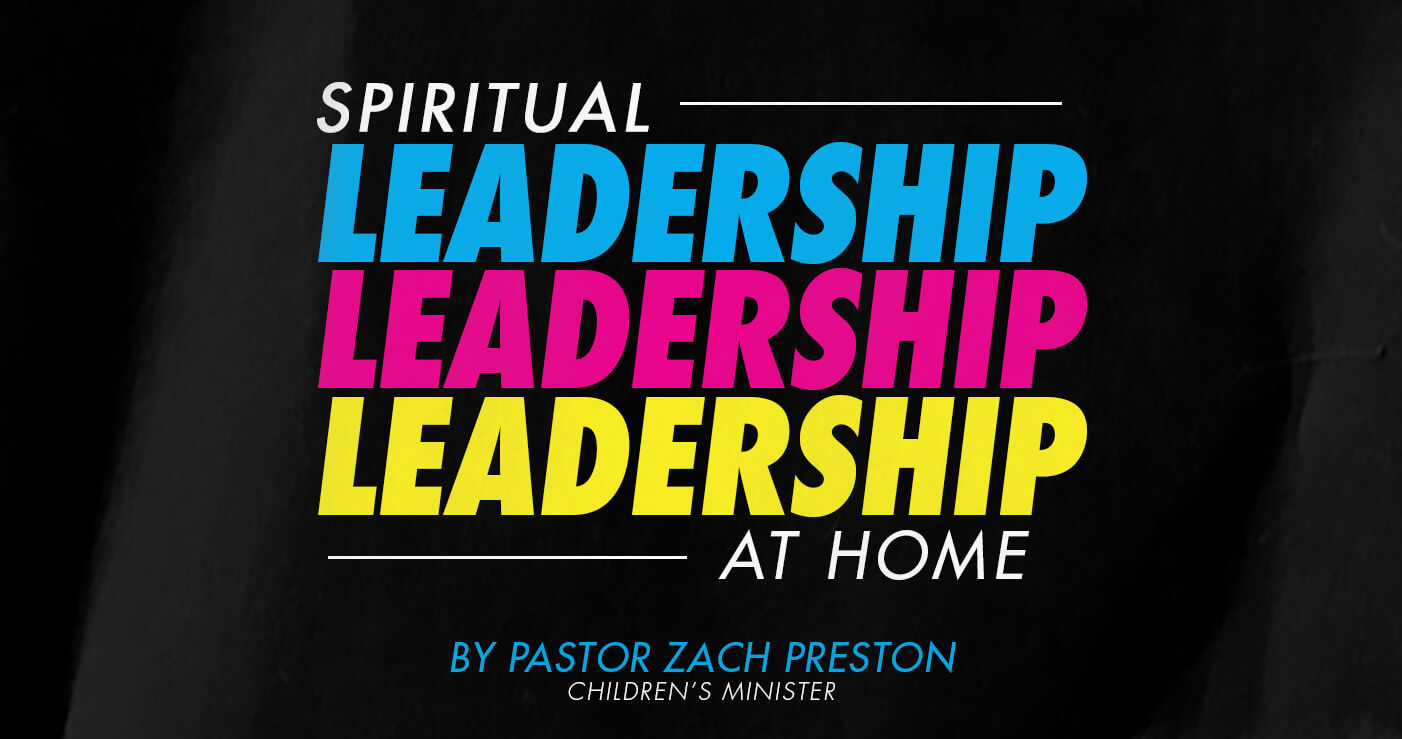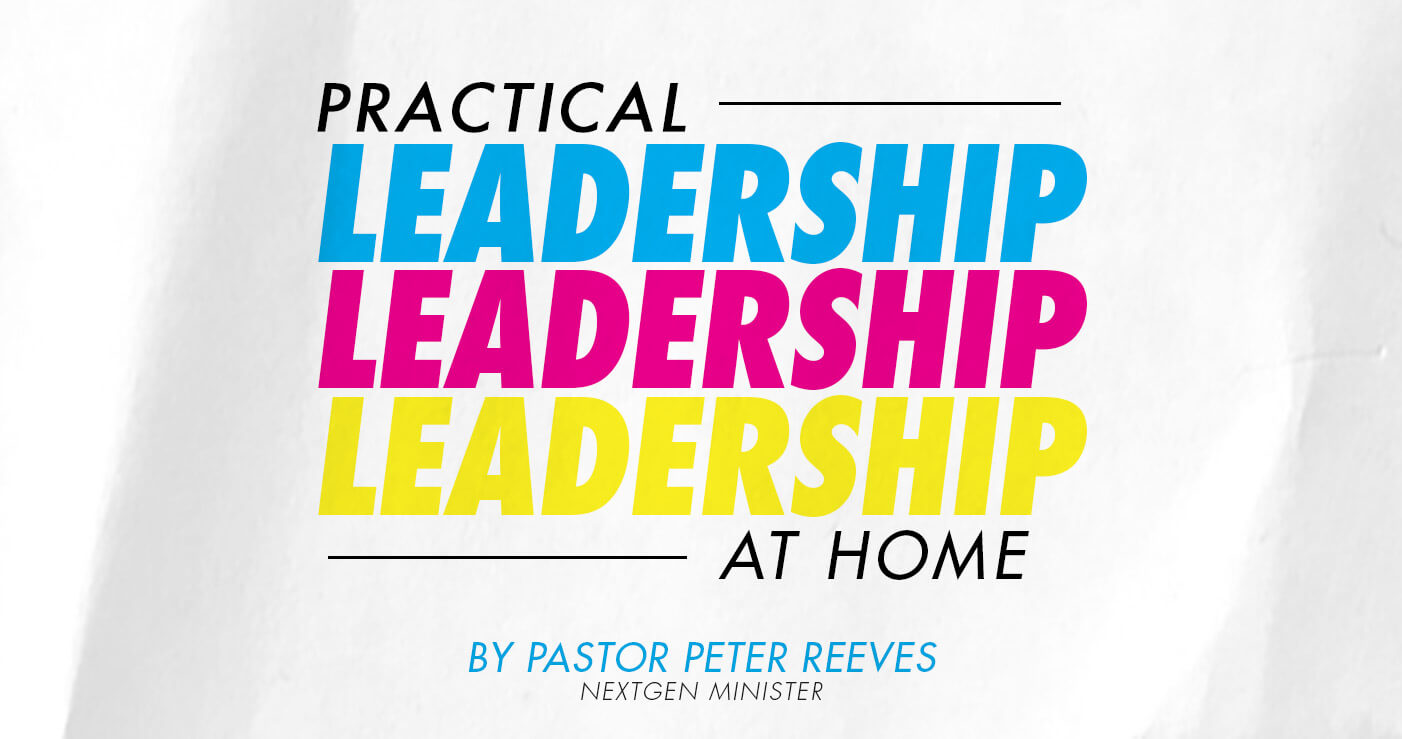Rhythm of Rest
Summer is here! It’s a great time to rest and enjoy time together as a family. I know summer can quickly become the time for getting projects done around the house, trying to create structure for your kids so they don’t die of boredom, and maybe squeezing in that one jam-packed, high energy family vacation!
In the middle of all the busyness and changes that a summer schedule brings, I would encourage you this year to operate out of rest, move slow, and enjoy your out-of-the-ordinary time together.
I love that when God was establishing His people, after He rescued them from Egypt, He established regular rhythms of intentional rest. God literally made it one of the Ten Commandments to incorporate rest into our weekly habits. This summer, set time aside time as a rhythm of rest for your family. Here are three ways to making the most of your summer with your family:
1. Define the win.
When it comes to the summer, it can be really easy to fall into a default setting as a family. Clearly state what you want out of this summer. Whether a weekend goal, a vacation goal, or spiritual goal—whatever it is—just clearly define what you want to happen as a result of the plans you make this summer with your family.
2. Press the reset button.
The summer is a great time to start some new family habits and norms! As your kids are changing their schedules for the summer months, it’s a great time for you to create a new normal. This could look like less screen time, dinner as a family, having regular conversations with your kids about their faith, things they’re thinking about, and sharing pieces of who you are as well.
3. Plan for it.
Don’t just lounge around; plan activities to do as a family. Take some time off if you can. Be intentional with your kids. Take advantage of what’s happening in your community—things like toddler times at trampoline parks, a day at the zoo, or a trip to a splash pad. You can plan special moments for your family to experience quality time together!
Summer is an amazing time of rest for your family. It is out of the ordinary. You have the opportunity to establish rhythms of rest and intentionality, so take advantage of it. Define the win, press the reset button, and set aside intentional time for your family to spend together this summer.










